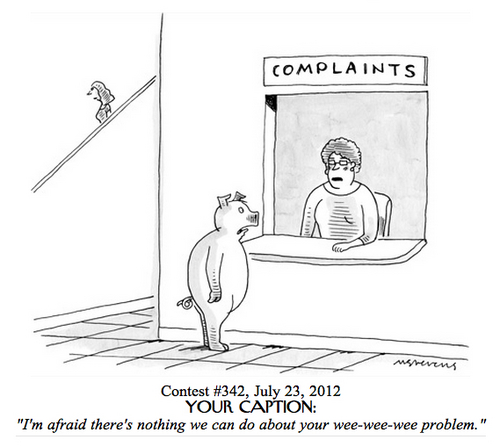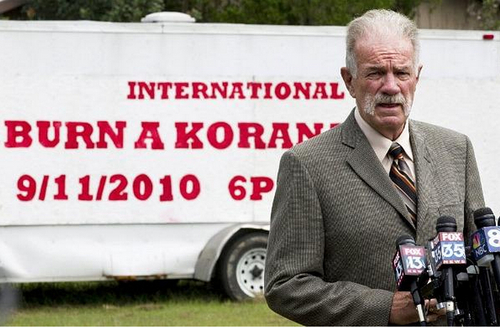I’ve just finished combing through the list of films in this year’s Toronto Film Festival, and I have it narrowed down to 49. I look at the list and sigh. How can I see six films a day, write a blog, see people and sleep? Nor do I believe the list includes all the films I should see, and it’s certainly missing films I will see. How it happens is, you’re standing in line and hear buzz about something. Or a trusted friend provides a title you must see. Or you go to a movie you haven’t heard much about, just on a hunch, and it turns out to be “Juno.”
Nicolas Cage in “Bad Lieutenant”
I can’t wait to dive in. Knowing something of my enthusiasms, faithful reader, let me tell you that TIFF 2009’s opening night is a film about the life of Charles Darwin. The festival includes the film of Cormac McCarthy’s “The Road.” And new films by the Coen brothers, Todd Solondz, Michael Moore, Atom Egoyan, Pedro Almodovar, Hirokazu Kore-Eda, Alain Resnais and Guy Maddin–and not one but two new films by Werner Herzog. Plus separate new films by the three key talents involved in Juno: The actress Ellen Page, the director Jason Reitman, and the writer Diablo Cody.
Okay, I’ve already seen two of those. They were screened here in Chicago (Page as a teenage Roller Derby in “Whip It,” Cody’s script for “Jennifer’s Body,” starring Megan Fox as a high school man-eater, and that’s not a metaphor). I already saw more than ten of this year’s entries at Cannes, including Lars on Trier’s controversial “Antichrist,” Jane Campion’s “Bright Star,” Gasper Noe’s “Enter the Void,” Almodovar’s “Broken Embraces,” Bong Joon-Ho’s “Mother,” Lee Daniels’ “Precious,” Mia Hansen-Løve’s “The Father of My Children,” and Resnais’s “Wild Grass.” A lot of good films there. Not all of them, but a lot.
December 14, 2012




